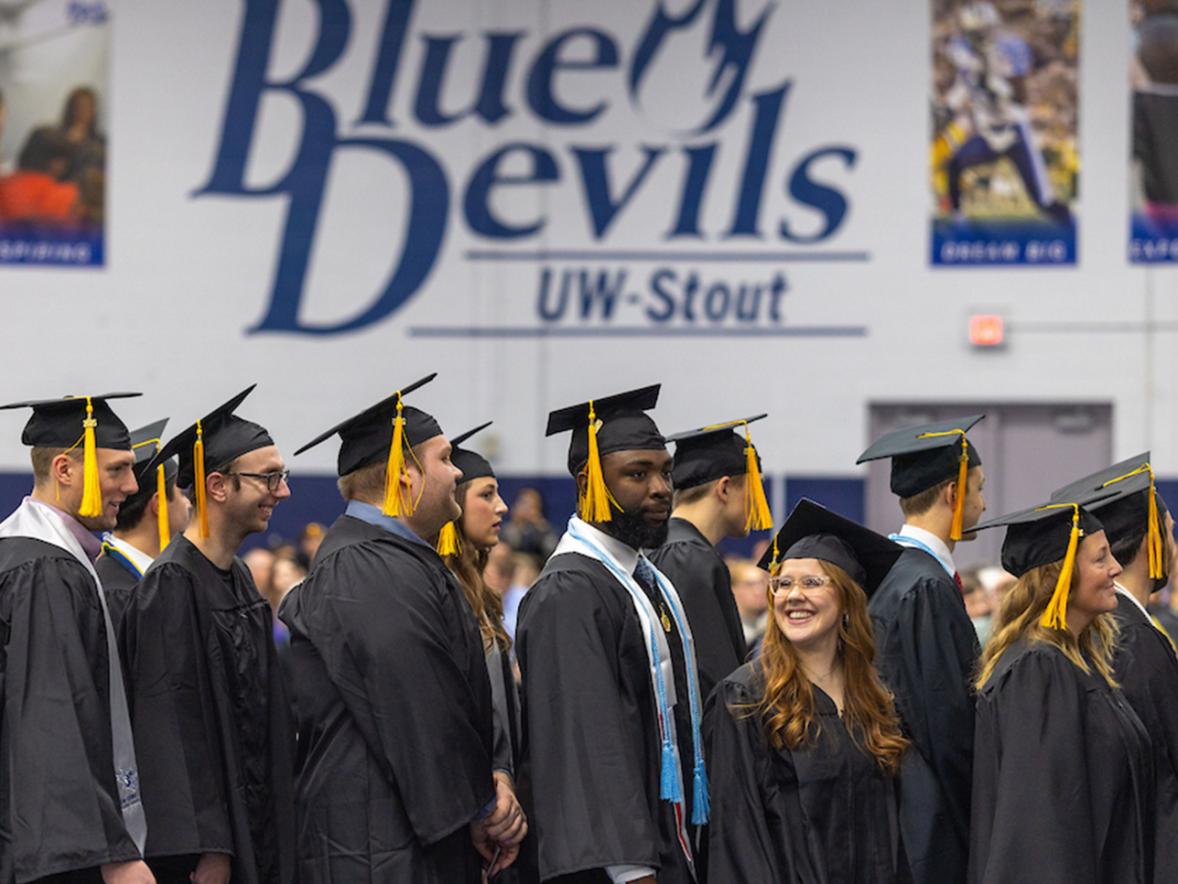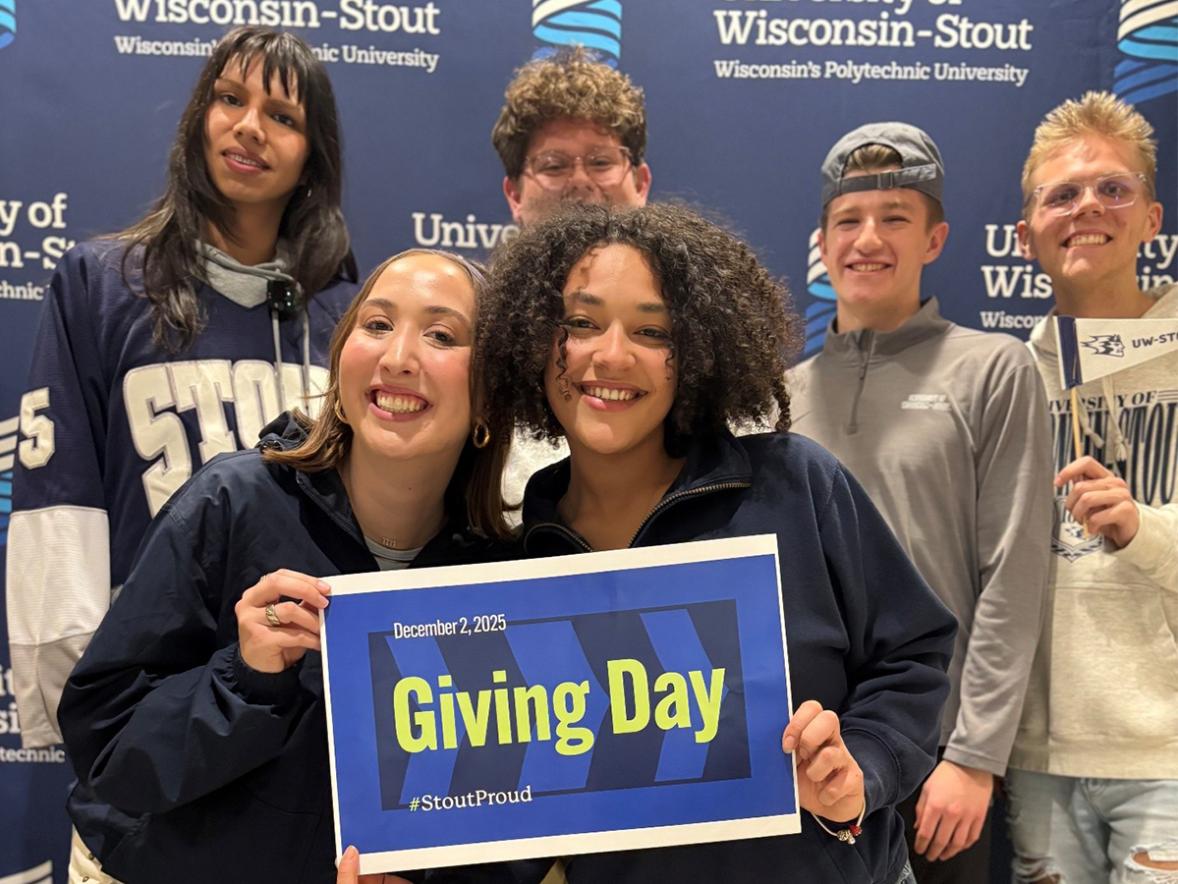
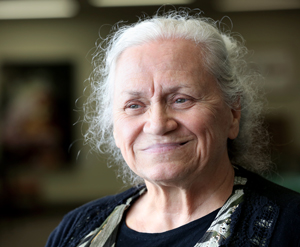 After majoring in home economics education at University of Wisconsin-Stout, Wanda Huisman and Diane Anderson Hunt were confident, prepared and eager to begin their teaching careers when they graduated in 1971.
After majoring in home economics education at University of Wisconsin-Stout, Wanda Huisman and Diane Anderson Hunt were confident, prepared and eager to begin their teaching careers when they graduated in 1971.
With the job market tight, however, and thinking it would be the right time to see the world and do some service work before they settled down, they followed the road less traveled. They heard about an opportunity to serve with the Red Cross.
Within several weeks, after training in Washington, D.C., they were on their way to places that, most likely, they wouldn’t otherwise have had the opportunity to visit — war zones in Vietnam and South Korea.
“We wanted to do something different. We wanted to travel. We didn’t have a clue what we were getting into,” Huisman said.
In recent weeks, the Vietnam War and the Koreas have been topics of national discussion with Ken Burns’ 10-part PBS documentary on the former and ongoing strained U.S. relations with North Korea.
Huisman and Hunt, unofficially, were called Donut Dollies, a name that originated with women who served in the same volunteer capacity during World War II.
They were part of the Red Cross’ Supplemental Recreational Activities Overseas program. Huisman was one of 627 college-educated women who served in Vietnam between 1965 and 1972 in the SRAO. Hunt supported troops still stationed in South Korea in the low-level conflict 20 years after the Korean War.
They boosted troop morale and offered emotional support, providing a touch of home to war-weary men and women — a smile, games, activities, snacks and sodas.
Wanda Huisman
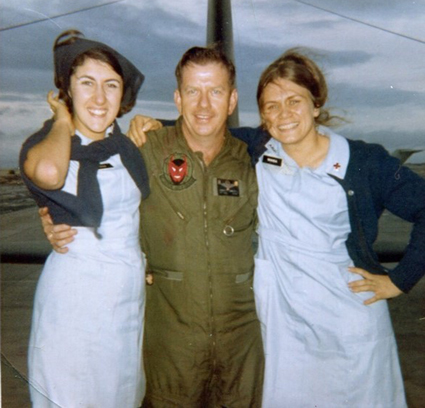 “We were there to help guys forget for a while they were in a war zone. All we had to do was smile and say hi and it made their day. It reminded them of home,” said Huisman, who grew up on a farm near Prairie Farm, in west-central Wisconsin. “We were the pop stars of Vietnam.”
“We were there to help guys forget for a while they were in a war zone. All we had to do was smile and say hi and it made their day. It reminded them of home,” said Huisman, who grew up on a farm near Prairie Farm, in west-central Wisconsin. “We were the pop stars of Vietnam.”
Indeed, the young women, in powder blue dresses and often wearing perfume, were rays of sunlight in the Vietnam jungles and mountains of South Korea.
Huisman called her time in Vietnam “the worst time of my life and the best time of my life.” She served six months of a one-year commitment, evacuated early when fighting intensified and the war wound down.
She visited troops in fighting zones, some of whom she knows, sadly, were killed the next day. She also worried for her own safety. “When I woke up, I was thankful I made it through another night.” She still has health issues from exposure to Agent Orange, the chemical defoliant used by the U.S.
However, the experience made her a mentally stronger person and helped lead to a successful teaching and counseling career at schools in southern Texas, Michigan and most recently at international schools in Vietnam. “I was comfortable on my own, and Stout taught me a lot of that,” she said.
She retired in Vietnam, where she grew to love the land and the people; she lives in the coastal city of Nha Trang.
She also loved the U.S troops and their often-underappreciated effort that helped bring unity to Vietnam. “Every one of our guys who was there was a hero,” she said.
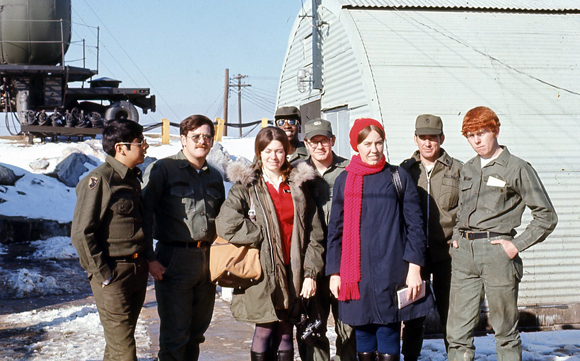
Diane Anderson Hunt
During her year in South Korea, Hunt knew from the warmth of the troops that she was making a difference. “The men did appreciate seeing a friendly face from home. They would protect us over anything. You didn’t hear foul language. You were well-respected,” Hunt said.
Hunt and her Red Cross partner — they traveled in pairs — visited mountaintop bases four days a week and on Fridays held programs at a military base. True to the Donut Dollies name, they brought Korean-made fresh donuts.
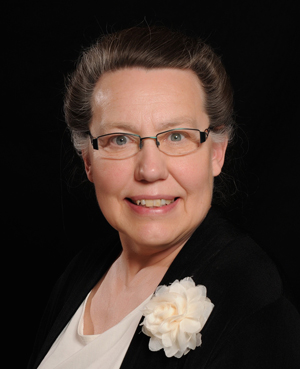 “We’d design games a whole group could play and do trivia questions,” she said. “It was not necessarily dangerous, but we were near the Demilitarized Zone not far from danger.”
“We’d design games a whole group could play and do trivia questions,” she said. “It was not necessarily dangerous, but we were near the Demilitarized Zone not far from danger.”
Hunt worked at several bases throughout South Korea and traveled to Thailand, Japan and other places on her Red Cross salary when off duty. “It was an adventure. We were young and single. Everyone should spend some time in a third world country. It will change your life.”
After returning she taught in schools near Rochester, N.Y., before living in Wisconsin — she grew up in Oconto Falls — to teach and work in administration at the middle school, high school and technical college level in east-central Wisconsin. She has written two books, “No Failing Students,” and a second one due out in October, “No Failing Middle-Schoolers,” available on Amazon.
Hunt is reminded everyday of her time in South Korea. It’s where she met her husband, Leonard Hunt, one of the U.S. troops who appreciated an uplifting visit from the Donut Dollies.
###
Photos
Top: Wanda Huisman, second from left, at Cam Ranh Bay in Vietnam in 1971.
Second: Wanda Huisman
Third: Red Cross volunteer Wanda Huisman, right, at Cam Ranh Airport Base in Vietnam in 1971.
Fourth: Diane Anderson Hunt, third from right, with troops at a U.S. base in South Korea in 1971.
Bottom: Anderson Hunt





